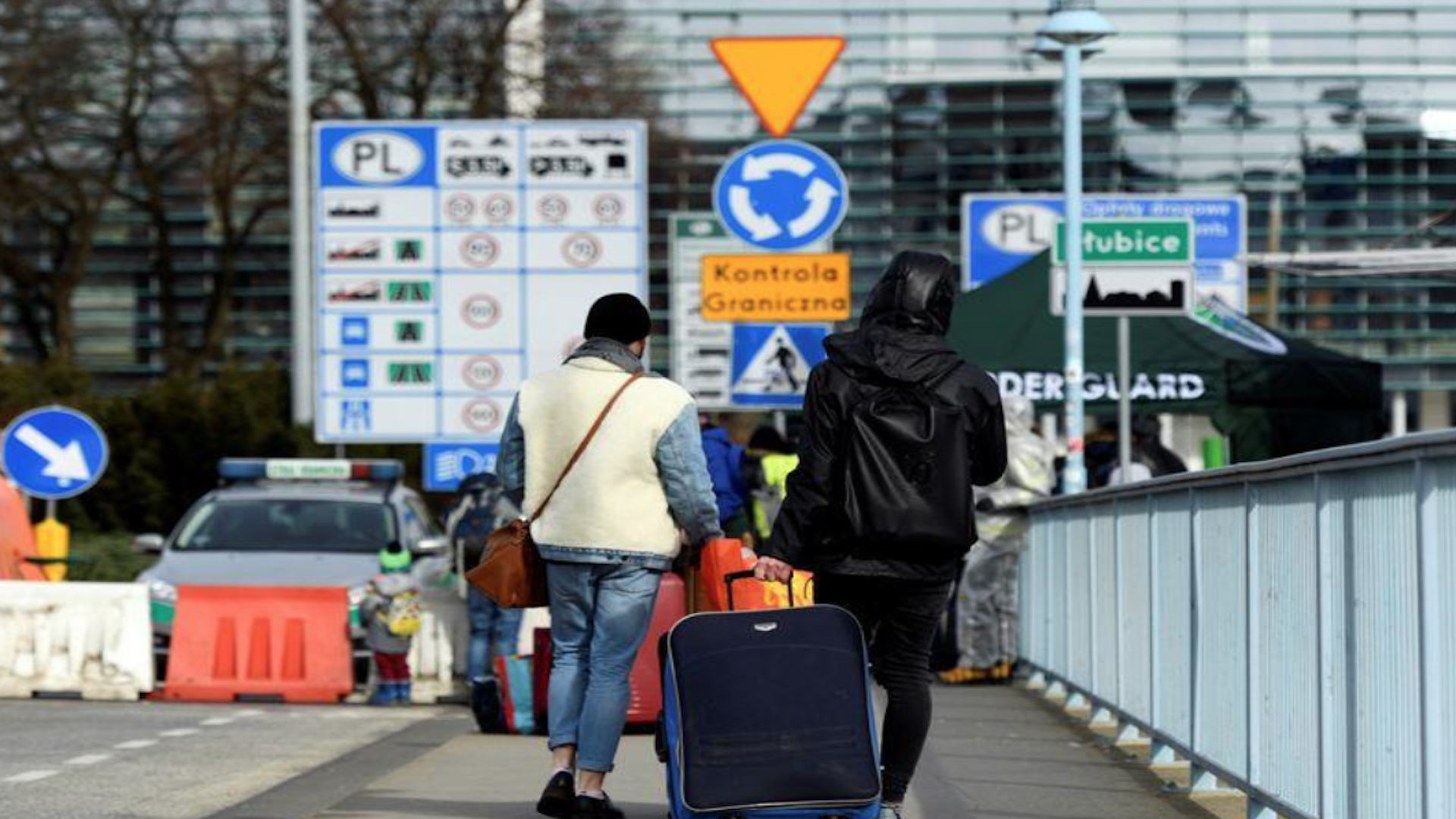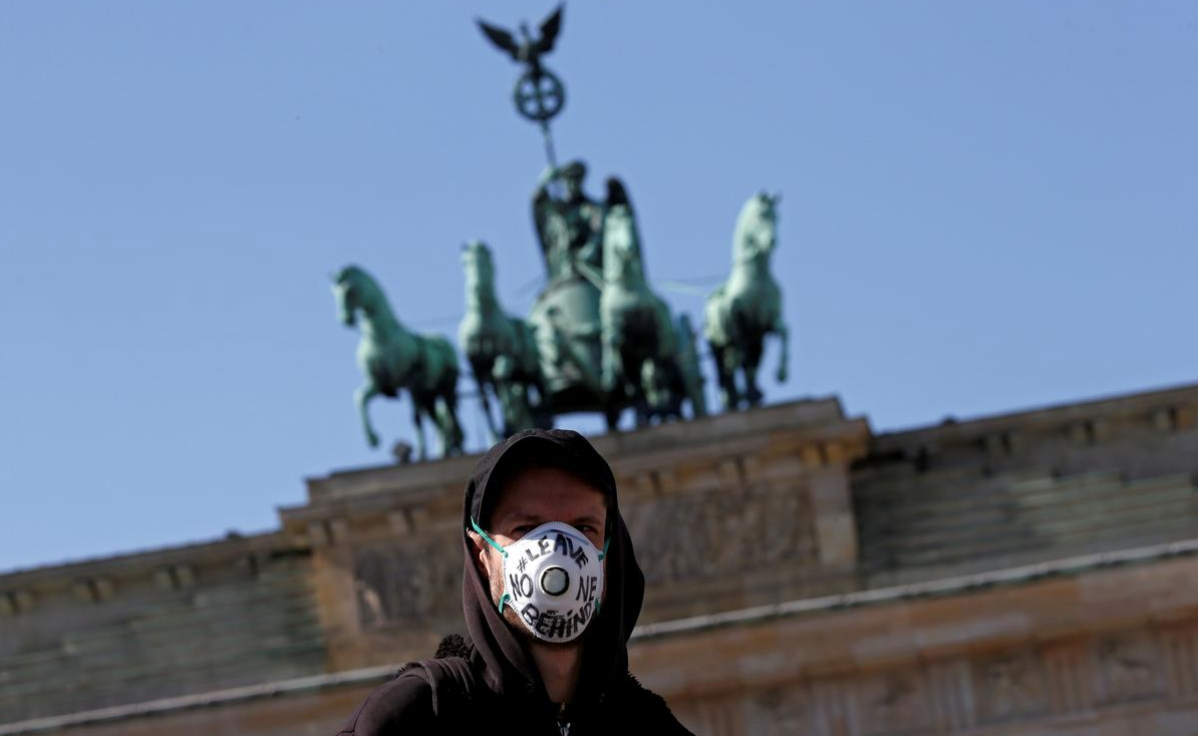Germany is ramping up entry controls to limit the spread of COVID-19. In its latest announcement, the interior ministry said all arriving travelers will be quarantined for 14 days.
The EU has already banned all arrivals from outside the bloc, and the new measure, which will come into force on April 10, will affect mostly German and EU citizens or residents.
The number of reported COVID-19 cases in Germany has exceeded 100,000. The death toll has risen to almost 1,600 (as of April 7, 09.28 a.m. local time), the country's mass circulation newspaper Bild reported.
Germany enforced temporary controls on the border with neighboring countries including Austria, France, and Switzerland on March 16 to contain the coronavirus and to stop panic buying by foreigners, which led to supply problems in border regions.
Goods deliverers and regular commuters, however, are allowed to cross the borders, according to Germany's Ministry of Foreign Affairs.
The new curbs will not apply to health sector workers living in border regions outside Germany, as well as technicians and business travelers entering the country for short trips.
According to reports in local media, federal police use existing search and control instruments in border regions where there are no controls.
People entering from these areas could be quarantined or deported back if they are approached by the police within a 30-kilometer radius of the border, reports say.

People with travel trolleys are seen on the way to the Poland-German border crossing point after the Polish government decided to close its borders to foreigners as a preventive measure against the coronavirus (COVID-19) on the city bridge to Slubice, Poland in Frankfurt/Oder, Germany March 15, 2020. /Reuters
People with travel trolleys are seen on the way to the Poland-German border crossing point after the Polish government decided to close its borders to foreigners as a preventive measure against the coronavirus (COVID-19) on the city bridge to Slubice, Poland in Frankfurt/Oder, Germany March 15, 2020. /Reuters
Social distancing
Germany has enforced several restrictions on public life to limit the spread of the virus. The curbs were earlier extended for two more weeks until April 19.
Citizens were asked to reduce contact with other people outside of their household to a minimum.
German Chancellor Angela Merkel has expressed reluctance to announce an end date to restrictions.
"I would be a bad federal chancellor and we would be a bad federal government if we were to give a date now," she said in a press conference on Monday.
"We continue to live in the pandemic."
She added the country has to make decisions based on data. The protection of health is top priority.

A man wears a face mask during a protest demanding to take refugees from camps affected by the coronavirus disease (COVID-19) outbreak, in front of Brandenburg Gate in Berlin, Germany April 5, 2020. /Reuters
A man wears a face mask during a protest demanding to take refugees from camps affected by the coronavirus disease (COVID-19) outbreak, in front of Brandenburg Gate in Berlin, Germany April 5, 2020. /Reuters
Whether to use face masks
The German Hospital Society (DKG) said that despite the coronavirus crisis, there is no shortage of intensive care or ventilators across the country.
"At the moment we do not see a nationwide bottleneck," said the DKG on Monday.
There is however a debate in Germany on the use of face masks, which has left the public divided.
According to a survey conducted by the pollster Forsa on behalf of the German TV stations RTL and n-tv and quoted by Der Spiegel, 57 percent of Germans want everyone to wear masks while shopping or using public transport.
Thirty-five percent were against it.